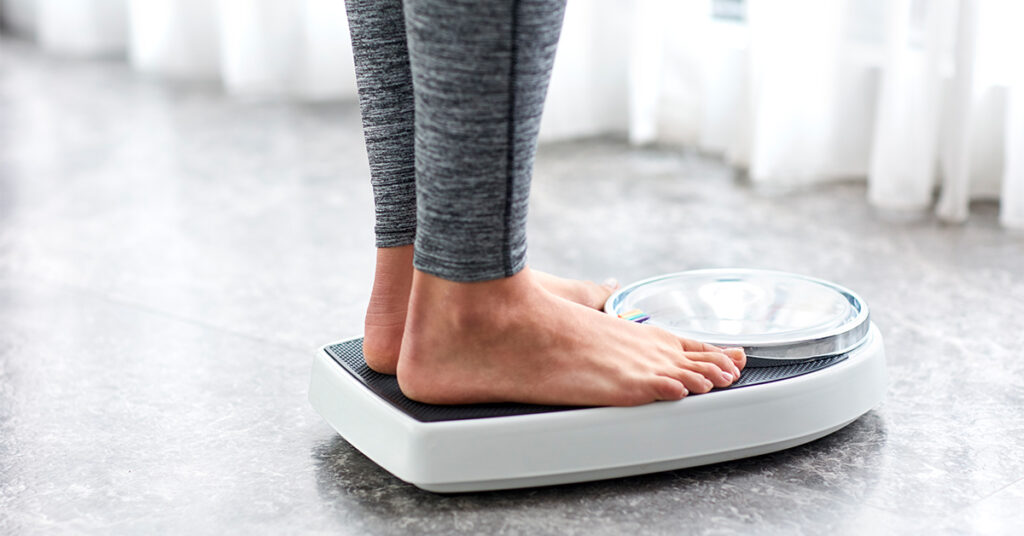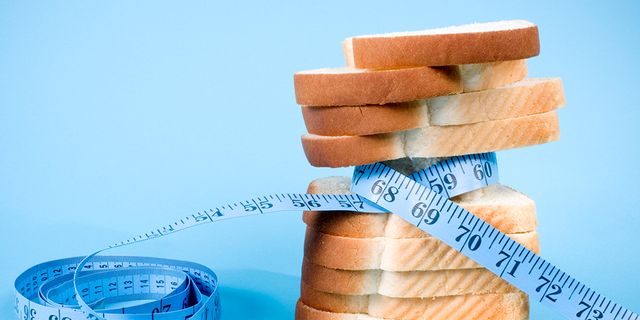The Truth About Weighing Yourself

Being a Personal trainer, I see far too many people obsess over their weight. They weigh themselves multiple times per day and get crazy when they fluctuate.
Why is this bad?
It’s not even about your weight!! The only thing that benefits you when weighing yourself is tracking your progress, however there’s a correct way of doing that and I’ll get to it a little later in this post so keep reading.
If you’re someone who is obsessing over your weight or checking in multiple times a day or even every day, listen. Your weight is literally just a number! It’s not a blood test telling you your deficiencies and internal health. It doesn’t tell you your muscle to fat ratio. It’s not measuring your energy on a daily basis. What I’m trying to say is there’s so many more things that go into a healthy lifestyle than the number on the scale.
At the end of the day if you FEEL good every day and like what you see when you look in the mirror, who gives a shit about the number on the scale? That’s what it’s really about. The scale means nothing.
So I should never weigh myself?
Now if you’re someone who is trying to lose weight, then yes you’re going to have to weigh yourself just to track your progress. However, there is a right way to do this.
- Weigh yourself around twice per week and on the same days, at the same times (preferably right when you wake up because this is when your stomach is empty and is classified as your “true weight”). Believe it or not the day of the week matters as we have different habits on different days. When comparing the weights, compare them to the same day of the previous week. For example, say you weigh yourself Mondays and Fridays. Compare Monday to the previous Monday, not to Friday. This will give you a better understanding of where you stand after a weekend and after a full week.
- Get a scale that measures a rough estimate of your Body Fat Percentage. Of course it’s not going to be 100% accurate, but relative to that scale the changes will give you important indications. For example say your weight goes up, however your BFP stays the same, that means you’ve gained muscle and not fat which is a good thing! However, say your weight goes up and so does your BFP, then that means you gained some fat. See how just measuring weight could be deceiving?
So the moral of the story is, measuring your weight every day really won’t get you anywhere. If anything, you’re making yourself crazy for no reason. Tracking progress is one thing, but only when done correctly. It’s more so about how you feel on a regular basis and what your goals are.
You Got This!
Subscribe to our newsletter and be the first to find out about new articles.






